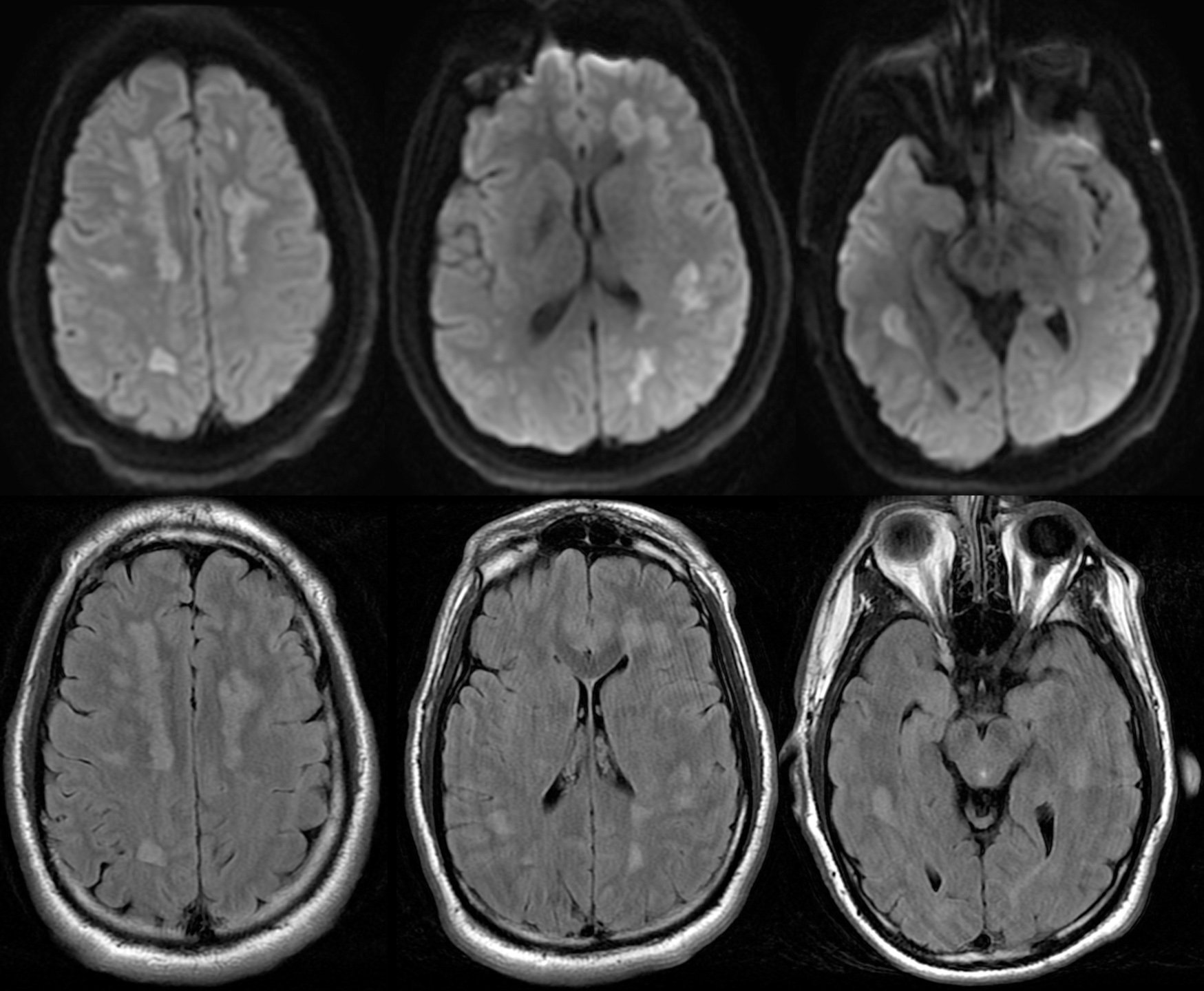Radiology
A community for all things related to medical imaging!
RULES:
-1. Please follow the Lemmy.World Server Rules.
-1A. Please be civil.
-1B. Please be respectful when discussing medical cases. While we do not wish to impose a somber tone upon this community, please remember that there are real patients behind the images.
-2. No patient-identifiable information. There is zero tolerance for breaching patient confidentiality laws. De-identified information is allowed under HIPAA, the US patient confidentiality law. Consent is not required when posting de-identified information.
-3. No requests for medical advice or second opinions. Please go to your physician/provider for assistance. Online strangers will never know your clinical history as well as your actual healthcare team, nor will the images posted here be of sufficient quality or completeness for diagnostic interpretation. Any content or discussions in this Community should be considered for educational purposes only, and their accuracy or quality with regards to standard of care cannot be guaranteed.
-4. No spam or advertising. Products or companies that are mentioned as a natural course of discussion are allowed.
-5. Please do not spread misinformation.
-6. Moderators have final say in their decisions. Please, no rules lawyering.
Posts:
Only moderators may post in this community pending Lemmy's implementation of a moderator-approval process. Until that happens, you may post general comments or questions in the stickied megathread. You may also request the moderators to post on your behalf via DM, pending time and availability.
view the rest of the comments

What are the expected long-term effects, if any? Given the adult brain's capability of remyelination, and the fact that this is a young adult, is full recovery possible?
It said in there that it was a good recovery, which for being bilateral lesions affecting a large portion of their brain, is pretty freaking lucky. I would have expected very little recovery and a lifetime of disability. I'm a pessimist when I see this stuff though, too many bad cases in the past.
This complication of cocaine use generally manifests as a single episode of demyelination that recovers well with treatment. Of course, the long term depends on how often the cocaine abuse happens.
I understood your post to say that the demyelination was from the parasite stuff, not the cocaine. Does cocaine cause this even when not cut with the antiparasitic?
Yes that's correct, it's the levamisole that presented as demyelination in this case.
Cocaine by itself can also cause problems, which I would categorize in 3 ways:
Sudden-onset issues that are potentially life-threatening. Cocaine is a stimulant, which can raise blood pressure, heart rate, etc. Those effects can cause ischemic stroke, hemorrhagic stroke, rupture of pre-existing aneurysms (with subsequent intracranial hemorrhage), and seizures, all of which can show up on brain imaging.
Long-term issues. These are insidious, subtle changes from repeated use of cocaine, which will damage the brain through neurotoxicity + the long-term results of an accumulation of events from #1.
Complications from cocaine use. I would put levamisole in this category. For other drugs that are more commonly injected (rather than snorted or smoked), brain infections from use of dirty needles would also go into this category.
Thanks for clarifying.
Also layman/tourist weighing in - title your posts as you’d like. We learn more when we look up words!